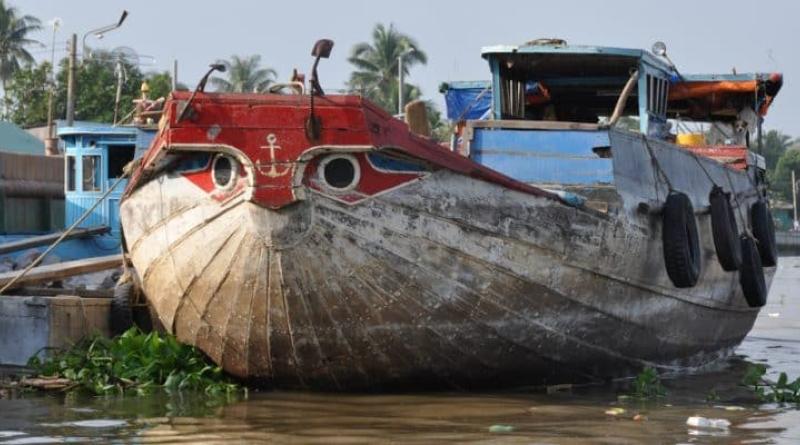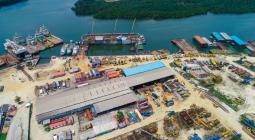NIGERIA: Abuja tackles marine biofouling to preserve biodiversity

Nigeria has just adopted the International Maritime Organization (IMO) Guidelines on the control and management of fouling or biological fouling of ships, with a view to reducing the transfer of aquatic invasive species. In the West African country, these species endanger marine biodiversity and ecosystem, as well as human lives.
In Nigeria, maritime activities negatively impact marine life. One of these impacts is biofouling, which consists of the accumulation of aquatic organisms on the surfaces or hulls of ships docking at ports. It is against this backdrop that Nigeria recently adopted the International Maritime Organization (IMO) Guidelines to minimize the transfer of aquatic invasive species through biofouling.
These Guidelines, the text of which was adopted by the Marine Environment Protection Committee (MEPC) in 2011, include recommendations to minimize the transfer of aquatic invasive species through biofouling into watercraft. pleasure craft, approved by the MEPC in 2012.
Indeed, aquatic species that cling to the hulls of ships can survive the journey and then reproduce in another environment. They then become invasive, developing faster than native species and in harmful proportions. In Nigeria, this is particularly the case for Tithonia diversifolia (Mexican sunflower), Chromolina odorata (or Laos grass, native to South America), Leucaena leucocephala (a forage plant, native to Mexico and Central America), Gliricidia sepium, indicates the international organization Society for Conservation Biology (SCB).
While it is true that the efficient and safe operation of modern shipping is inconceivable without ballast water, the countless invasive aquatic species present in these waters can pose a serious environmental, economic and health threat.
IMO recommendations to reduce the transfer of invasive species
On an environmental level, the rapid growth of invasive aquatic species would influence the evolution of fauna and flora. Proper management of biofouling could help protect marine biodiversity by preventing the transfer of aquatic invasive species.
This will require governments, economic sectors, non-governmental organizations (NGOs) and international convention bodies to work together to prevent, reduce and control marine pollution resulting from human activities. To support governments, IMO organizes technical cooperation activities under its Integrated Technical Cooperation Program (ITCP). The objective is to raise awareness about biological fouling and its consequences, facilitate understanding of the 2011 Directives and their application on an international scale.
IMO Member States also benefit from the GloFouling Partnerships project launched in 2017 to strengthen the capacity of developing countries to implement its guidelines to minimize the transfer of aquatic invasive species through the biological fouling. The use of biofouling control and management practices could greatly contribute to reducing the risks of transfers of invasive species.
The hydrodynamic behavior of ships could also be improved, because this fouling on the hulls adds considerably to the resistance of the ship, with serious consequences both on fuel costs and on emissions of atmospheric pollutants and greenhouse gases (GHG). ).






